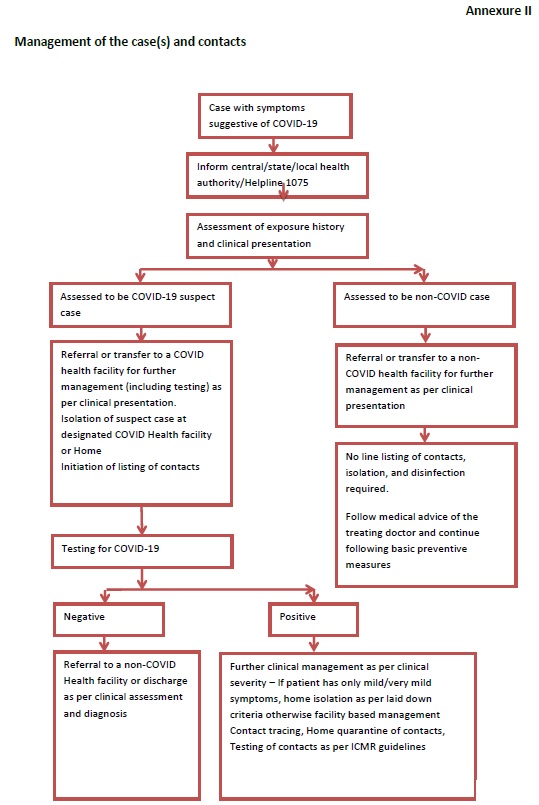CYBER ALERT - DIRECTORATE GENERAL CENTRAL INDUSTRIAL SECURITY FORCE (MINISTRY OF HOME AFFAIRS)
No.E-32099/4/CYBER ALERT/EDP CELL/39741/2020-1265-(E) Dated : 21-06-2020 Subject :- CYBER ALERT:REG. It is submitted that Computer Emergency Response Team-India(CERT-In) has issued an advisory regarding a potential cyber offensive attack from the Chinese Army. In the guise of a Free Covid-19Test, Chinese cyber warriors could be carrying out a massive phishing attack. Watch out for IDs like * ncov2019@gov.in*. Beware of Malicious Phishing E-mails/ SMS/ Messages on Social Media inciting you to provide personal and financial information. Key Points i. Phishing campaign is expected to impersonate government agencies, departments and trade associations who have been tasked to oversee the disbursement of the government fiscal aid ii. Spoofed Email ID which could be used for the phishing email is expected to be ncov2019@gov.in iii. Phishing E-mail Subject Line: Free Covid-19 testing for all residents of Delhi, Mumbai, Hyderabad, Chennai and Ahmadabad iv. The malicious group clai


